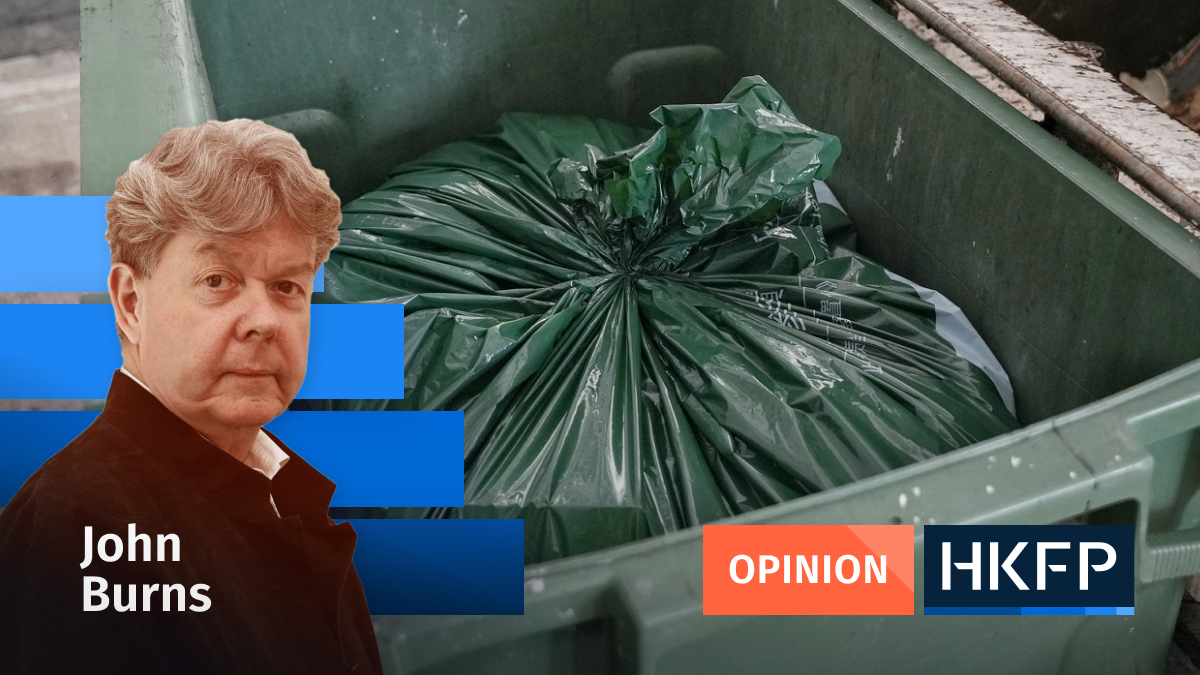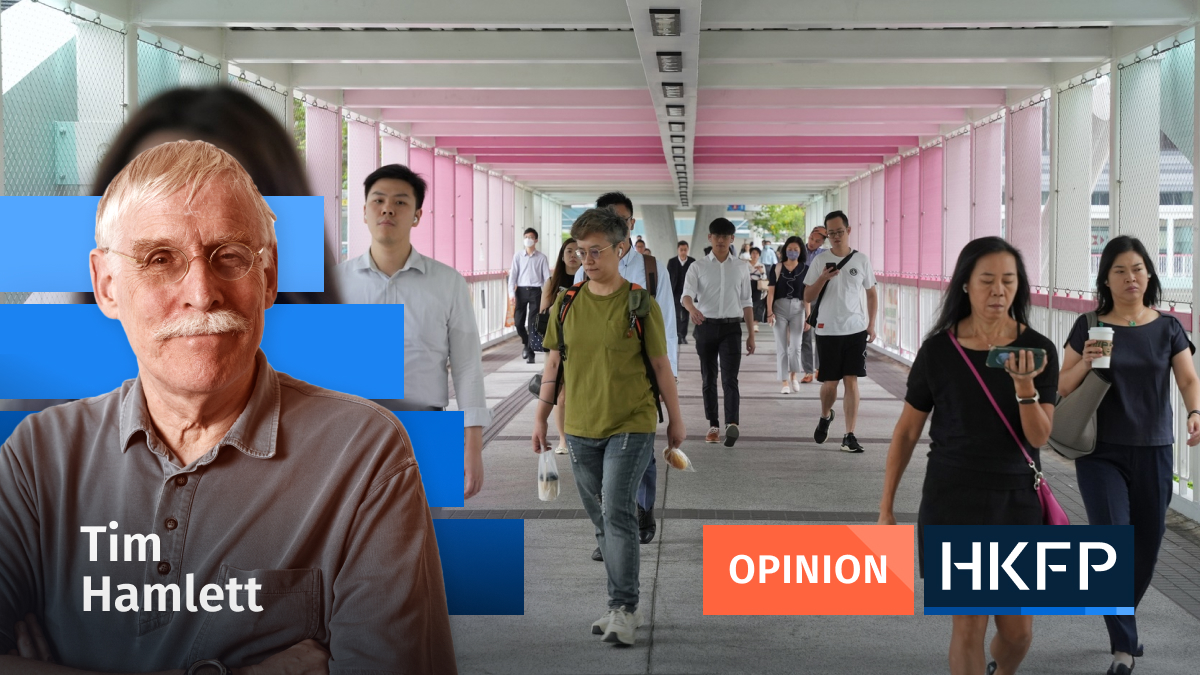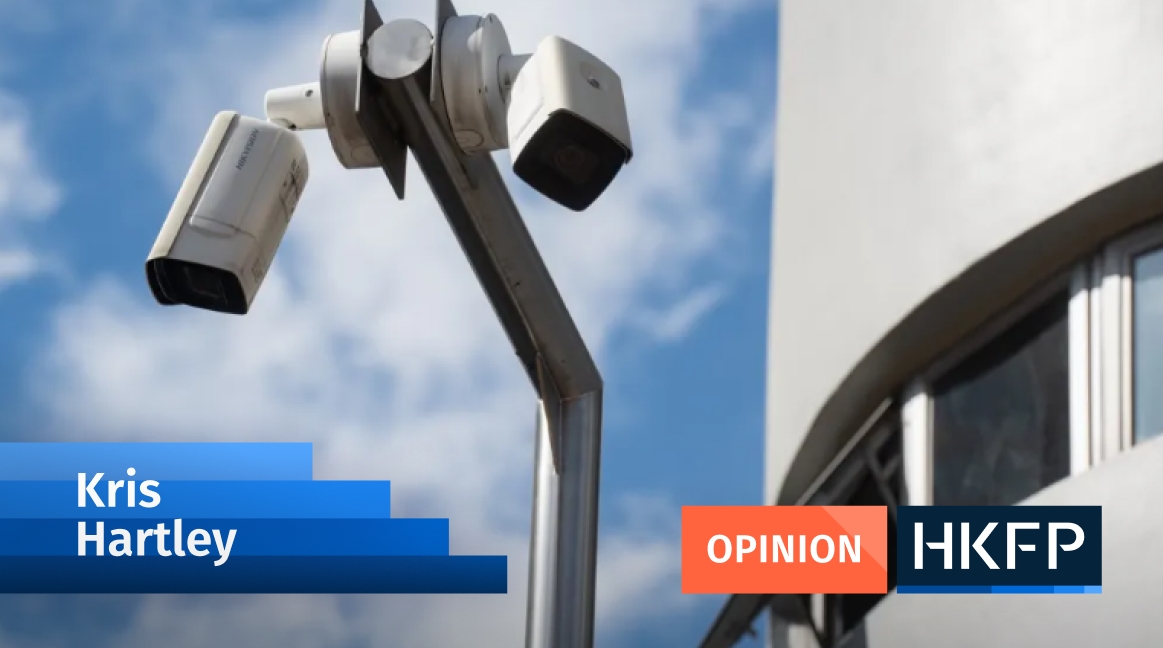Today, across the world, communities are celebrating International Migrants Day, a day that marks the adoption by the United Nations of the International Convention on the Protection of the Rights of All Migrant Workers and Members of Their Families, and aims to raise awareness about the challenges and difficulties of international migration.
Over the past few months, 14 organisations supporting and empowering migrant domestic workers in Hong Kong have come together to work collectively on community-wide initiatives that highlight the vital social and economic contributions of domestic workers to our society.
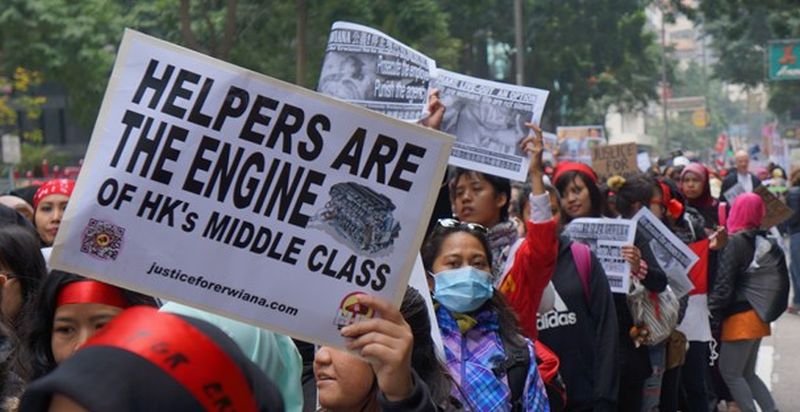
Today we’re encouraging you to take a moment to celebrate, appreciate and acknowledge the 350,000 domestic workers – most of them carers of young children and the elderly – in our city. To reflect and take action to better care for these hundreds of thousands of migrant domestic workers who care for us.
Many of us consider Hong Kong our home, regardless of where we were born and our profession. Whether a banker, an accountant, an event planner, or a domestic worker, we all make a significant contribution towards making our community a better place for us all to live in.
This is particularly true for domestic workers, whose contribution is often sadly overlooked and undervalued.
- Domestic workers contribute an estimated USD$12.6 billion in 2018 to Hong Kong’s economy, representing 3.6% of the GDP.
- Only 49% of mothers in Hong Kong would be able to join the labour force if they did not employ a domestic worker. However, if a domestic worker is employed labour force participation increases to 78%.
- Working fathers and mothers with at least one child who employ a domestic worker spend an average of 3.6 and 6.5 hours less respectively per week on housework. These working fathers and mothers also spent an average 2.9 and 3.4 hours more respectively per week with their child.
- Data also suggests the practice of hiring a domestic worker is positively associated with married couples’ fertility rates.
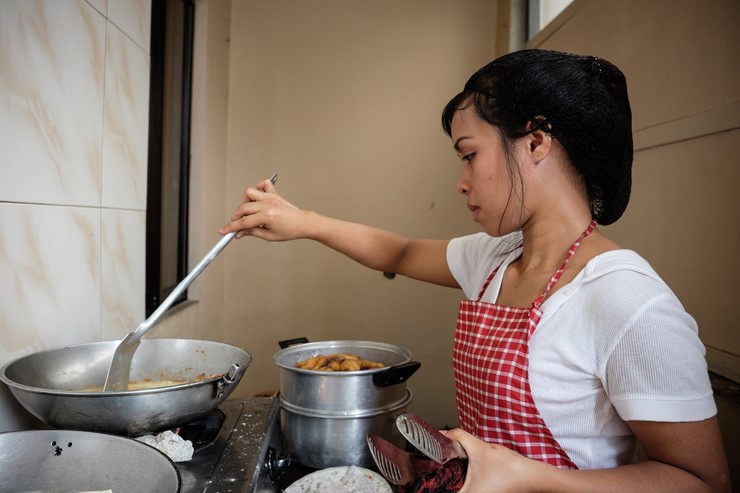
Often affectionately referred to as “jeje” (elder sister in Cantonese), domestic workers don’t just help, they work for and with an employer. They are not simply “helpers” but employees, who in many cases, given limited options for child and elderly care, are employed for this primary purpose.
Beyond caring, some domestic workers are considered to be like ‘second mothers’ to our next generation, helping them to have a brighter future, while missing out on their own children’s growing years.
As domestic workers shoulder the responsibility of caring for children and the elderly, many in Hong Kong who would otherwise be busy providing care are able to enter the paid workforce. Given the predicted 600,000 migrant domestic workers needed by 2047 to help care for a rapidly aging population, this is a heavy reliance that will continue to grow over the coming years.
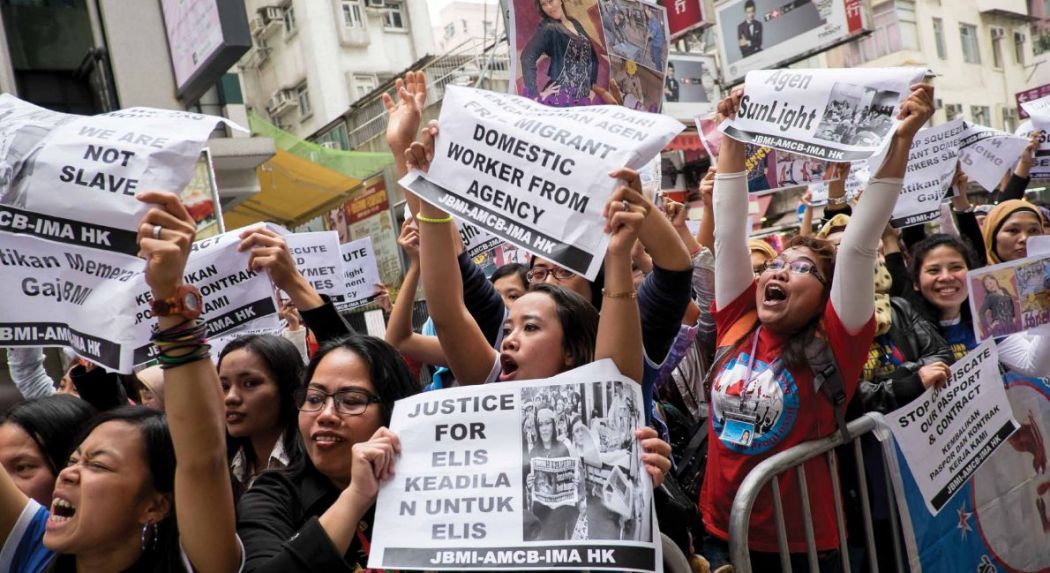
In Hong Kong, domestic workers remain one of the most marginalised workforces in the society. Many domestic workers may not be aware of or understand their legal rights and responsibilities, making them vulnerable to different forms of abuse and exploitation. Many also don’t know where and how to seek help when an employment, personal or family crisis hits.
We envision a society where domestic workers are able to fully realise their rights, navigate challenges, and access opportunities during the course of their employment in Hong Kong.
Together, let’s commit to expressing our appreciation and gratitude for the vital role migrant domestic workers play in our society, and enhance our care and support for them. Let’s use International Migrants Day as an opportunity to inspire positive behavioural change, say “thank you” to our migrant domestic workers and tell them how much they are appreciated. We need to care for those who care for us!
Written on behalf of Bethune House, Caritas, Christian Action, EmpowerU, Enrich, Fair Employment Agency, HELP, TCK Learning Centre, Lensational, Mission for Migrant Workers, Pangyao, PathFinders, Peduli Kasih, Splash, and Uplifters.
Support HKFP | Policies & Ethics | Error/typo? | Contact Us | Newsletter | Transparency & Annual Report | Apps
| HKFP is an impartial platform & does not necessarily share the views of opinion writers or advertisers. HKFP presents a diversity of views & regularly invites figures across the political spectrum to write for us. Press freedom is guaranteed under the Basic Law, security law, Bill of Rights and Chinese constitution. Opinion pieces aim to point out errors or defects in the government, law or policies, or aim to suggest ideas or alterations via legal means without an intention of hatred, discontent or hostility against the authorities or other communities. |
Help safeguard press freedom & keep HKFP free for all readers by supporting our team

More HKFP OPINION:
HKFP has an impartial stance, transparent funding, and balanced coverage guided by an Ethics Code and Corrections Policy.
Support press freedom & help us surpass 1,000 monthly Patrons: 100% independent, governed by an ethics code & not-for-profit.




